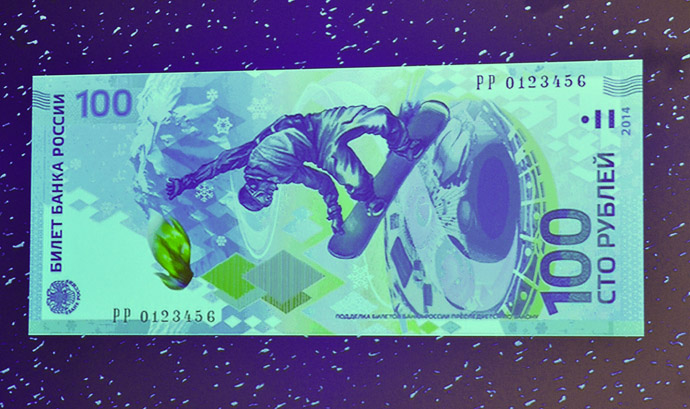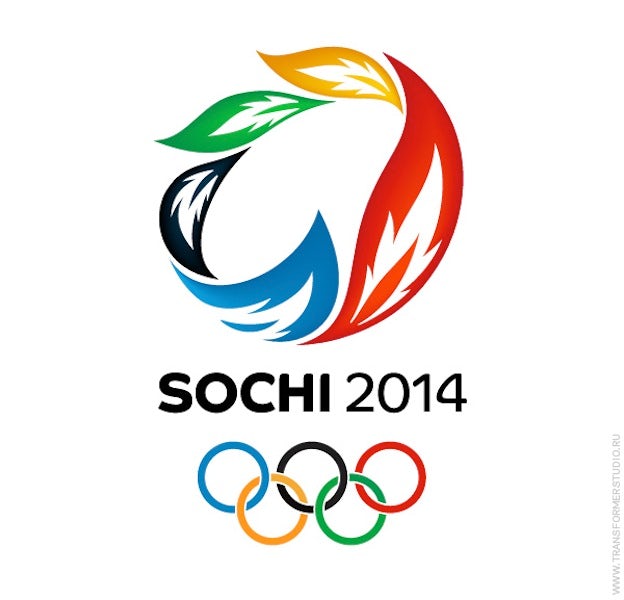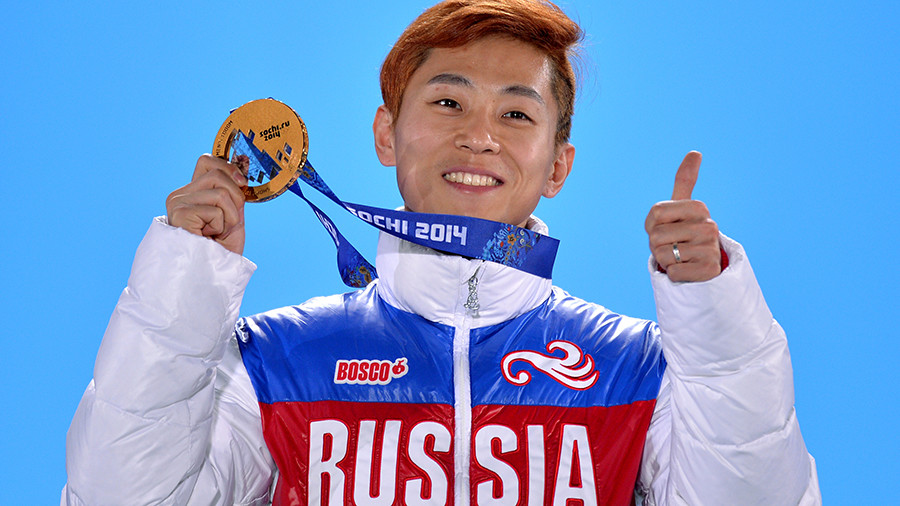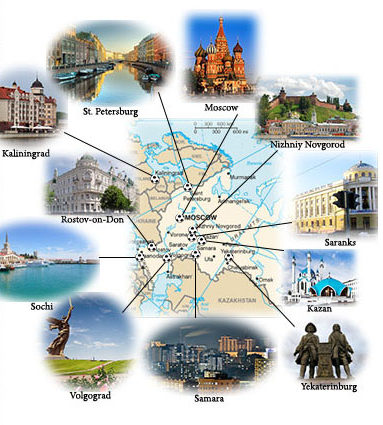Politics, sports, and national identity are inexplicably intertwined, especially in the Soviet and Post-Soviet space. Dominance in sports serves to enhance the prestige of the country, to emphasize its strength, and to bolster national pride among its citizens. In a sense, athletic achievements are a proxy for political potency, and stadiums are surrogate ideological battlefields. But political quibbles aside, the Soviet Union exerted some positive influence over the development of sports in the world. Some researchers contend that it contributed to the gender parity on the international athletic arena:
One of the things about having success across the board meant not only success in all sports but success for men and women as well, and the great successes that the Soviets had in women’s sport posed a challenge for the rest of the world […]. [T]he vast explosion of women’s sports that we see in the West today could probably never have occurred without the example of Soviet sport. (PBS interview with Robert Edelman)
So, here we go. Click around to be regaled or come to the library to check out some of the available titles.

The Central Bank of Russia issued special 100-rouble bills to commemorate the 2014 Olympics. read more

Sochi 2014 was the most expensive Olympics ever. Here’s why

Team Russia counted a number of expats among its athletes. Viktor An, born in South Korea, won 3 gold and 1 bronze medal in short track for Russia. See: New York Times, Rejecting US to skate for Russia

Russia hosted the 2018 World Cup in 11 cities. This was the first World Cup played on two continents.
The race to win the 2018 bid was not without controversy. There were allegations that Russia and Qatar (host of the 2022 World Cup) engaged in a vote-swapping pact.